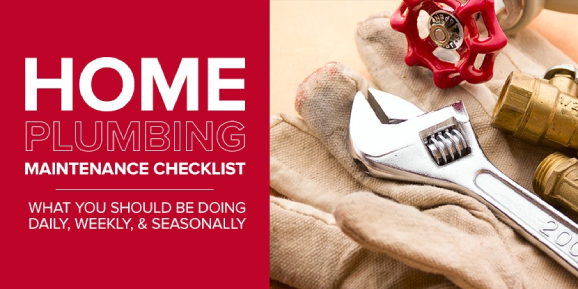Pipes & Pressure | Plumbing Maintenance – The backbone of any comfortable home is not just in its architecture or design, but in something far less visible yet vitally important—its plumbing system. Forget the aesthetics for a moment; if your home’s veins and arteries—that is, its plumbing—are not in top shape, the whole structure’s health is compromised. It’s not just about avoiding the inconvenience of a clogged sink or a leaky faucet; it’s about ensuring the longevity and efficiency of your home’s most crucial systems.
Key Takeaways:
- Regular plumbing maintenance can prevent costly repairs and extend the lifespan of your plumbing system.
- Checking for leaks, monitoring water pressure, and understanding common home plumbing issues are essential.
- Professional plumbers play a vital role in maintaining the health of your home’s plumbing.
The Lifeline of Your Home: Why Plumbing Matters
Plumbing might not be the first thing that springs to mind when you think of home maintenance, but it should be. Water is life, and the pipes that bring it into your house and drain it out play an unsung hero’s role in your daily comfort and health. Here, we explore why maintaining your plumbing is not just a chore for the handyman but a fundamental aspect of homeownership.
Understanding Common Home Plumbing Issues
Your home’s plumbing might seem like a mystery, but it’s crucial to get acquainted with common issues that could arise. These problems range from minor annoyances to major emergencies. A dripping faucet, for instance, can waste over 3,000 gallons of water per year, while a clogged drain might signal deeper blockages. Recognizing these signs early can be the difference between a quick fix and a costly repair.
The Vital Check: Looking for Leaks
Leaks are the silent antagonists of plumbing maintenance. Often hidden behind walls or under floors, they can go unnoticed until significant damage has occurred. Regular checks around areas like your water heater, under sinks, and along the base of toilets can help catch these elusive problems. Not only does this vigilance protect your property, but it also conserves water—a win-win for both the environment and your wallet.
Monitoring Water Pressure
High water pressure might give you a satisfying shower, but it can strain your pipes, leading to leaks or burst lines. Conversely, low pressure can be a symptom of deeper issues like pipe blockages or even breaks in your main line. Installing a pressure regulator or consulting with a professional can help maintain optimal pressure levels, ensuring your system runs smoothly.
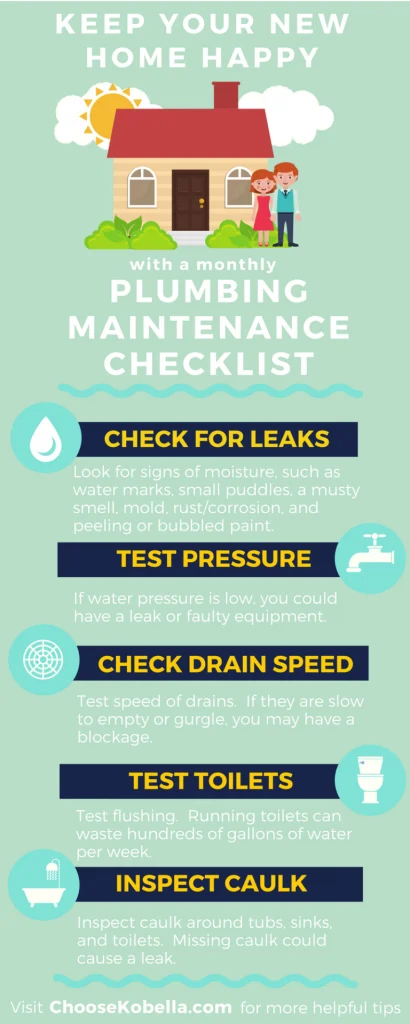
The Role of Professional Plumbers
Despite the plethora of DIY guides available, hiring a professional plumber for regular maintenance checks cannot be overstated. These experts not only fix problems but also offer invaluable advice on keeping your system at its best.
Table: Benefits of Regular Professional Plumbing Checks
| Benefit | Description |
|---|---|
| Expertise | Plumbers have the skills to spot and fix issues efficiently. |
| Equipment | They use the right tools for comprehensive maintenance. |
| Peace of Mind | Regular checks can prevent emergencies. |
Professional plumbers are your best defense against the myriad of issues that can arise from neglected plumbing systems. They help maintain your home’s functionality and comfort, making their role indispensable.
Practical Tips for Homeowners
To keep your plumbing in top condition, consider these practical steps:
- Regular Inspections: Schedule annual inspections with a licensed plumber to catch issues before they escalate.
- Preventative Measures: Simple habits, like not flushing non-degradable items and avoiding chemical drain cleaners, can extend the life of your plumbing.
- Upgrade Old Pipes: If your home is older, consider replacing outdated pipes with modern materials like PVC or copper.
These proactive steps not only enhance your home’s plumbing health but also contribute to its overall value.
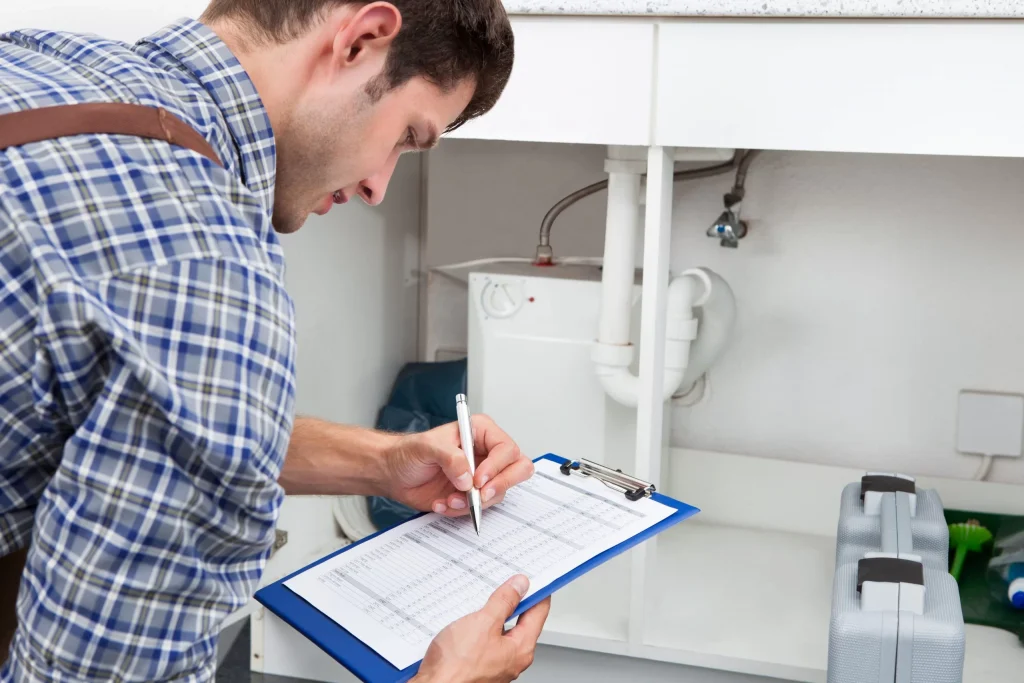
How to DIY Basic Plumbing Maintenance
While professional help is crucial, there are several maintenance tasks that you can undertake to keep your plumbing in good shape. Here’s how to tackle some basic maintenance tasks:
Checking for Leaks Yourself
A simple way to check for leaks is to monitor your water meter before and after a two-hour period when no water is being used. If the meter changes, there’s likely a leak somewhere. Also, keep an eye on your monthly water bills; a sudden increase might indicate a leak.
DIY Fixes for Common Issues
Many minor plumbing issues, such as slow drains or running toilets, can be fixed with basic tools and a little know-how. For instance, using a plunger or a plumber’s snake can clear blockages, while toilet repair kits from any hardware store can solve most running toilet issues.
To learn more about basic home plumbing maintenance, visit this comprehensive guide.
By integrating these practices into your routine, you can maintain a robust plumbing system that supports your home’s functionality and comfort. Remember, the goal is not just to fix problems as they arise, but to prevent them from happening in the first place.
Advanced Maintenance Techniques
While basic plumbing maintenance can be handled by most homeowners, there are advanced techniques that can further safeguard your system and ensure it operates efficiently for years to come.
Seasonal Plumbing Preparation
Seasonal changes can greatly impact your plumbing system. Before the onset of winter, it’s crucial to insulate pipes in your home’s exterior or unheated spaces to prevent freezing and bursting. In spring, checking for any signs of damage or leaks caused by the thawing process can prevent major repairs.
Enhancing Your Water Quality
Hard water, rich in minerals like calcium and magnesium, can wear down your plumbing over time, leading to inefficiencies and potential damage. Installing a water softener can extend the life of your plumbing by removing these minerals, thereby preventing deposits that clog pipes and reduce water flow.
Table: Impact of Water Quality on Plumbing
| Water Quality Issue | Effect on Plumbing | Prevention Strategy |
|---|---|---|
| Hard Water | Clogs and reduces lifespan of appliances | Install a water softener |
| High Iron Content | Stains fixtures and can cause blockages | Use iron filtration systems |
For a detailed look into how to manage and improve your home’s water quality, explore this essential resource.
Smart Plumbing Technology
Advancements in technology have introduced smart home systems that can enhance your plumbing maintenance. Devices like smart water leak detectors can notify you of leaks instantly, often before they cause significant damage. Integrating these technologies not only provides peace of mind but also a modern approach to managing your home’s plumbing system.
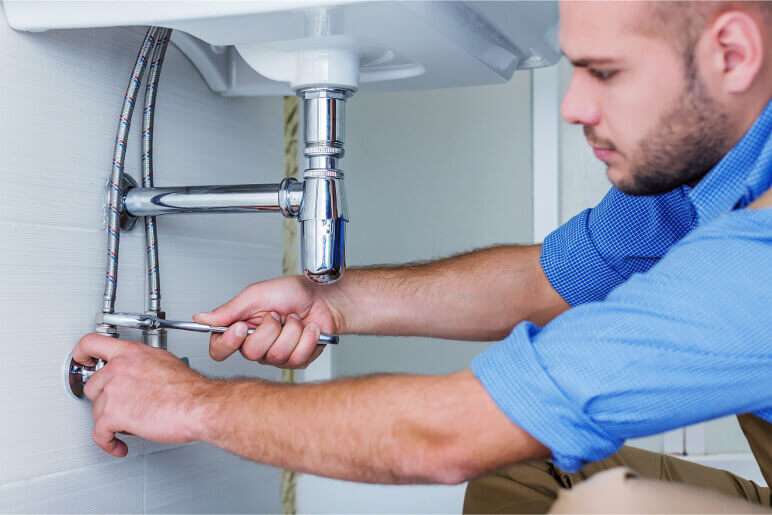
Frequently Asked Questions
Here, we address some common queries homeowners have about plumbing maintenance:
Q: How often should I have my plumbing system professionally inspected?
A: It’s recommended to have your plumbing inspected at least once a year to ensure everything is functioning properly.
Q: What are the signs that my home might need repiping?
A: Frequent leaks, discolored water, and a drop in water pressure are indicators that your pipes may be aging and require replacement.
Q: Can DIY maintenance replace the need for professional plumbing services?
A: While DIY maintenance can manage minor issues and regular upkeep, professional services are crucial for addressing more complex problems and installations.
Q: Are chemical drain cleaners safe for my plumbing?
A: Chemical drain cleaners can provide a temporary solution but may damage your pipes over time. Mechanical methods like plunging or snaking are safer and often more effective.
For more insights into plumbing maintenance and troubleshooting, check out this helpful guide.
By equipping yourself with knowledge and the right tools, you can ensure that your plumbing system remains a reliable foundation of your home’s infrastructure. Remember, proactive maintenance not only saves money but also enhances the comfort and safety of your living space.
